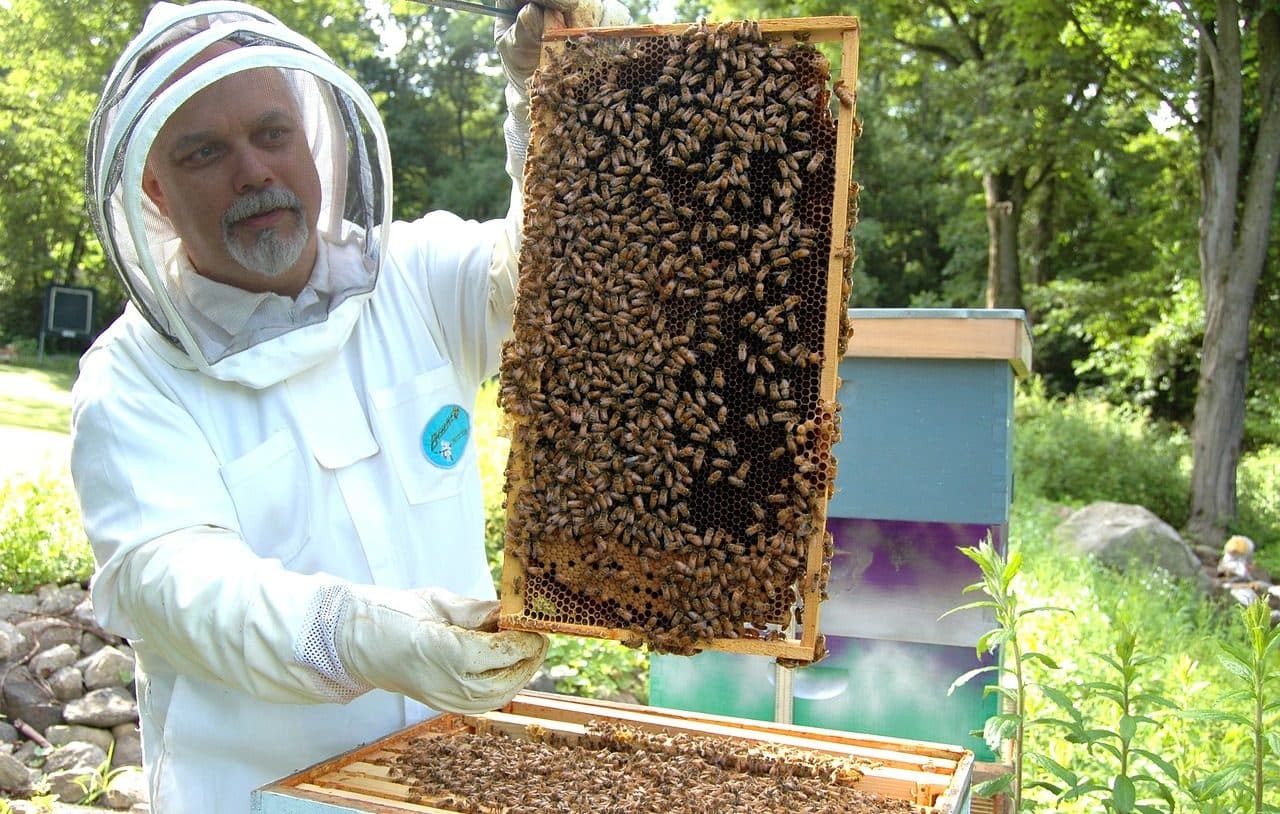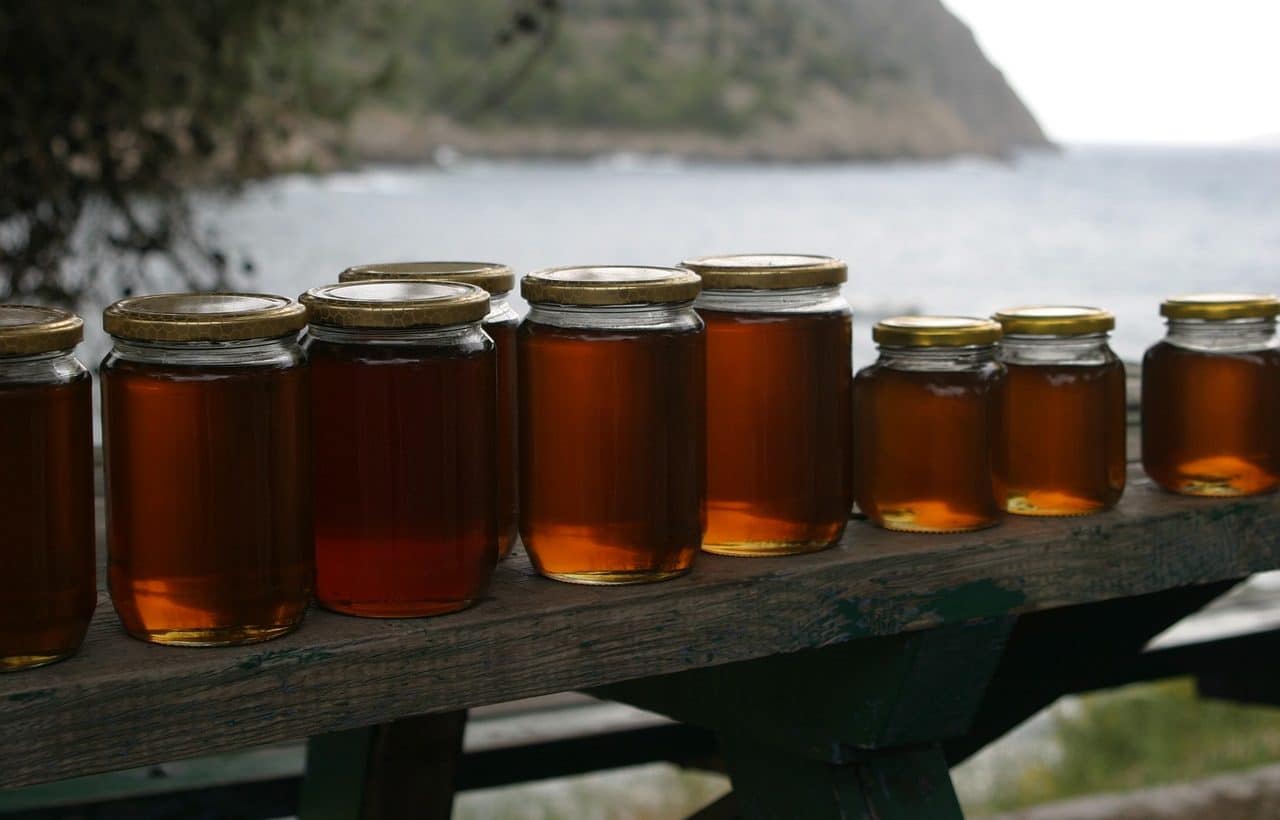
Beekeeping is the set of techniques and activities related to raising bees.
Beekeeping is a notion that refers to the activities, processes and techniques linked to the breeding of insects known as bees . Beekeeping is carried out with the objective that bees develop and reproduce and then collect the products they make, such as honey .
The origin of beekeeping is very remote: according to cave paintings, it can be estimated that about 8,000 years ago man was already collecting the honey produced by bees. It is believed that the first efforts to control these animals and appropriate their products were developed in the Neolithic period.
Swarms of bees live in hives : in them, with wax , they develop honeycombs where they place honey. In hives it is possible to distinguish between drones , worker bees and queen bees , which distribute tasks according to their condition. Beekeepers are responsible for controlling the population, keeping pests away and ensuring that insects do not contract diseases .
Beekeeping products
The most important product for beekeeping is honey . It is a fluid that bees produce through plant secretions, excretions from other insects and the nectar that flowers have, substances that they process with their saliva. Humans use honey as a sweetener.
Wax , propolis , pollen , and royal jelly are other products commonly collected through beekeeping. Even apitoxin is usually obtained, which is the poison that worker bees secrete to defend themselves from threats and when fighting among themselves. This poison can be used to relieve certain symptoms of joint disorders.

Honey is the most popular product of beekeeping.
Some considerations
Although the term livestock is usually used in relation to animal species such as cows, sheep and goats, it also includes the group of bees that are raised through beekeeping. In this context, experts assure that it is one of the few activities in this area that allows them to recover the capital invested without having to leave the exercise itself, and in fact it is a good source of money for those who dedicate themselves to it full time. .
This does not mean that it is easy or that its effect is instantaneous: becoming a beekeeper takes time and a lot of practice . Although there are beekeeping courses in the academic field, many people prefer to learn this discipline from their parents, throughout much of their lives, internalizing the various concepts gradually.
Although beekeeping is an activity with very promising economic results, it is not the most popular, probably due to the degree of dedication and concentration required to master it. On the other hand, it is believed that beekeepers are not usually open to sharing their experience with others, but rather tend to hide their techniques and knowledge from the competition, and even the location of their apiaries for fear of potential acts of vandalism.
Tips for getting into beekeeping
One of the general pieces of advice for those who want to get started in the world of beekeeping is to be patient and be willing to learn step by step . Regarding the ideal number of hives to start with, it should not be very high or even just one: if there are many, it is very likely to lose control, while with just one there is no possibility of solving problems with resources from another.
From the point of view of animal activists, beekeeping is another form of animal abuse , although it is not at the same level as the torture that other species experience so that millions of people carry a plate of meat, a fried egg and a cup. of milk to their tables. Beekeepers, needless to say, do not agree with this accusation, and many of them even advocate for animal rights , in a world as contradictory as they are.
